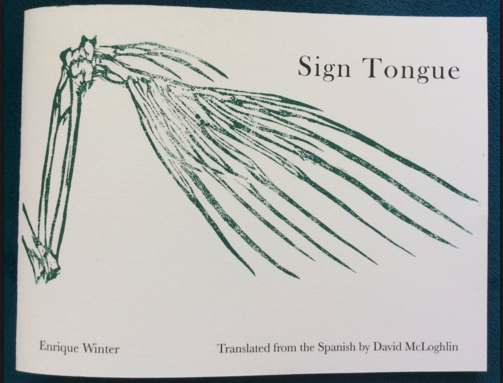Podcast: Play in new window | Download
Subscribe: iTunes | Android | RSS
In celebration of Asymptote’s milestone 30th issue, Podcast Editor Dominick Boyle dives into the archives to uncover some of his favorite recordings from the archive. In this episode, he revisits poetry set to music in Tamil and Spanish from Aandaal and Enrique Winter, and snarky telephone conversations with a whole city by way of voice-mail from Jonas Hassen Khemiri. He also spotlights: the touching suicide notes left by Jean Améry, which reveal 3 different sides of a man in his death; experimental Vietnamese poetry by Bùi Chát, which comes to life read by translator Jack J. Huynh; and Owen Good’s translations of Hungarian poet Krisztina Tóth, which Eliot Weinberger awarded first prize in our inaugural Close Approximations contest. Take a walk down memory lane—this time with your headphones on!


